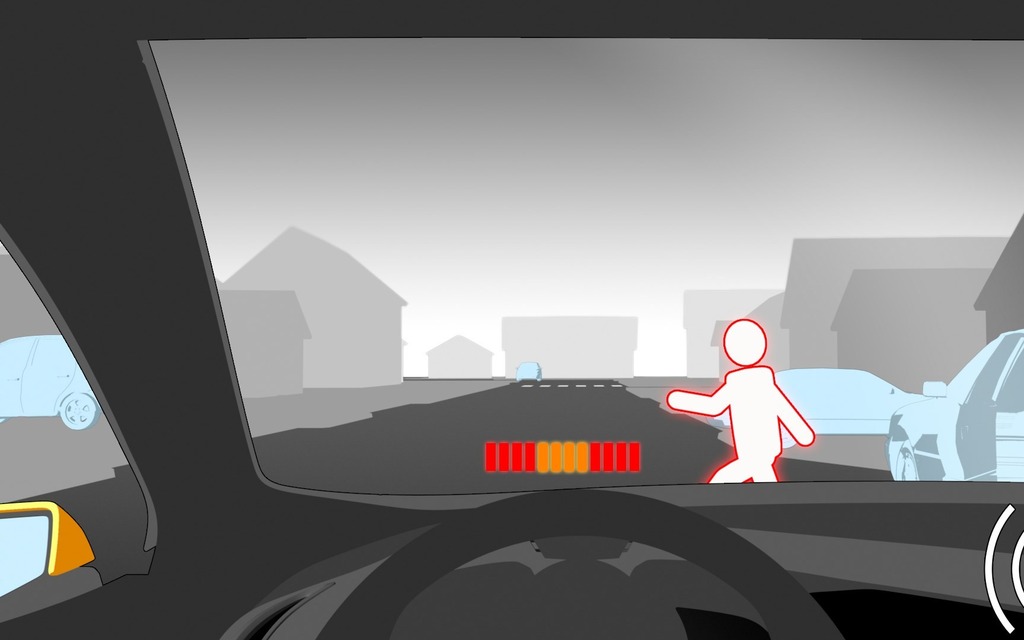Cars that Intelligently Avoid Collisions: An Increasingly Common Phenomenon
Just a few years ago, not even the technologically advanced masterminds behind the James Bond movies could see this one coming: cars that avoid collisions by stopping in front of obstacles. And these obstacles can even be human! Incredible progress has been made on autonomous emergency braking. Initially, obstacles needed to be made of metal and vehicles needed to be travelling at less than 25 km/h in order to come to a full stop. Next, systems evolved to detect non-metal objects. Then, just two or three years ago, more refined systems were developed to halt the vehicle when a human being was detected in its trajectory.
There’s no doubt that this technology is going to save a lot of lives, especially in cities when an obstacle suddenly pops up or a pedestrian darts across the road. On the highway, collision avoidance systems work in tandem with the adaptive cruise control and will halt the vehicle if the car in front comes to a stop.
Various sophisticated components are needed to make the system infallible. Depending on the make and model, collision avoidance systems may use different cameras and sonars to detect obstacles, analyze the distance before impact and stop the vehicle with instant braking. However, like any mechanical and electronic parts, collision avoidance systems have their limits. Darkness, fog, heavy rain or snow blocking the sensors’ field of vision can hinder their effectiveness. You can tell if a vehicle has one of these systems by spotting cameras around the interior rearview mirror or sensors on the grille.







